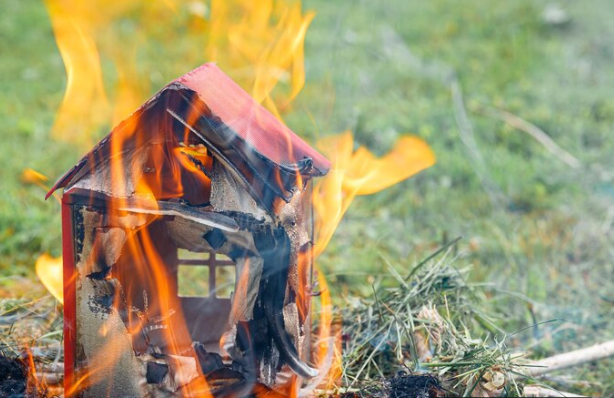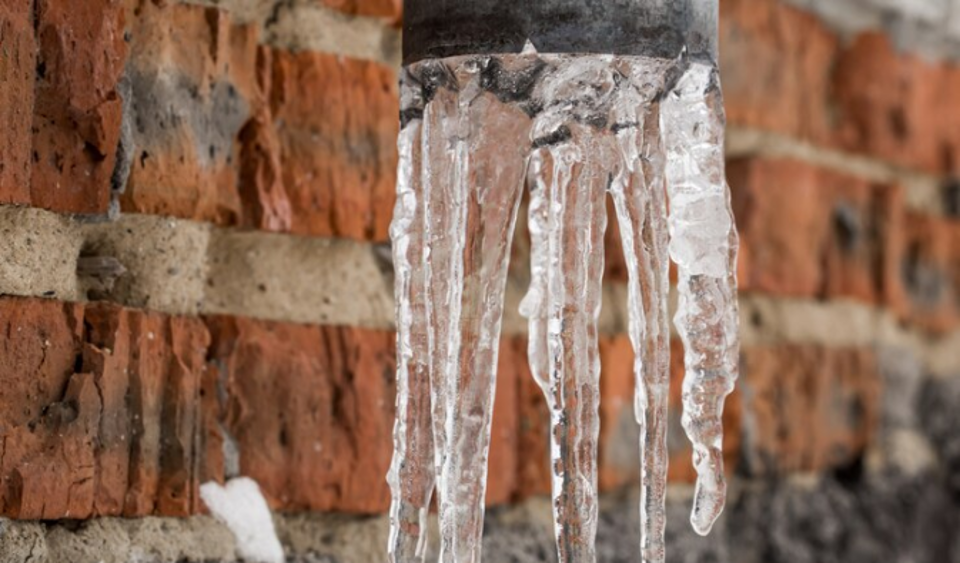Home Insurance Claim for Fire Damage
Comprehensive Fire Coverage
Yes, you can file a home insurance claim for fire damage, as fire represents one of the most comprehensively covered perils in homeowners insurance. Standard HO-3 and HO-5 policies provide extensive fire protection regardless of the fire's source, covering structural damage, personal property losses, and additional living expenses when fires render homes uninhabitable. This coverage applies to house fires, kitchen fires, electrical fires, wildfire damage, and even fires caused by accidents like unattended candles or fireworks mishaps. The broad nature of fire coverage makes it one of the most straightforward claim types, with insurers typically focusing on damage extent rather than questioning coverage eligibility when accidental fires occur.
Covered Components and Expenses
Fire damage claims encompass multiple coverage components that address various loss types. Dwelling coverage pays for structural repairs, including roof damage, wall replacement, flooring restoration, and electrical system rebuilding. Personal property coverage reimburses for belongings destroyed or damaged by fire, smoke, or water used in firefighting efforts. Additional living expenses (ALE) coverage funds temporary housing, meals, and other costs while your home undergoes fire damage repairs. Most policies also include debris removal coverage and paying for cleanup of fire-damaged materials before reconstruction begins. Smoke damage throughout the home typically receives coverage even in areas not directly touched by flames, recognizing that smoke infiltration affects entire properties during fire events.
Exclusions and Limitations
While fire coverage is comprehensive, certain exclusions may affect specific claim scenarios. Intentional fires set by policyholders face automatic exclusion under intentional acts provisions. Vacant home fires may receive limited or no coverage if properties remain unoccupied beyond policy limits (typically 30-60 days). Some policies exclude fires resulting from certain activities like professional business operations conducted from home. War, nuclear incidents, and earth movement exclusions remain in effect even for fire damage resulting from these excluded causes. Understanding your specific policy's fire-related exclusions helps avoid surprises during claim processing, though standard fire coverage remains very broad.
Claim Filing Process
Successful fire damage claims require immediate action and proper documentation. Contact your insurance company immediately after fire incidents to report claims and begin the adjustment process. Document all damage with photographs and videos before cleanup begins, capturing both fire damage and smoke damage throughout the property. Obtain fire department reports when available, as these provide official documentation of fire incidents and often include preliminary damage assessments. Create detailed inventories of damaged personal property, including approximate ages, original costs, and replacement values when possible. Take immediate steps to prevent further damage through board-ups or tarps while preserving evidence of original fire damage for adjuster inspection.
Recovery Optimization
Maximize fire claim recovery by understanding your policy's specific provisions and working effectively with insurance adjusters. Know whether your policy provides replacement cost or actual cash value coverage, as this dramatically affects settlement amounts for both structural and personal property claims.






